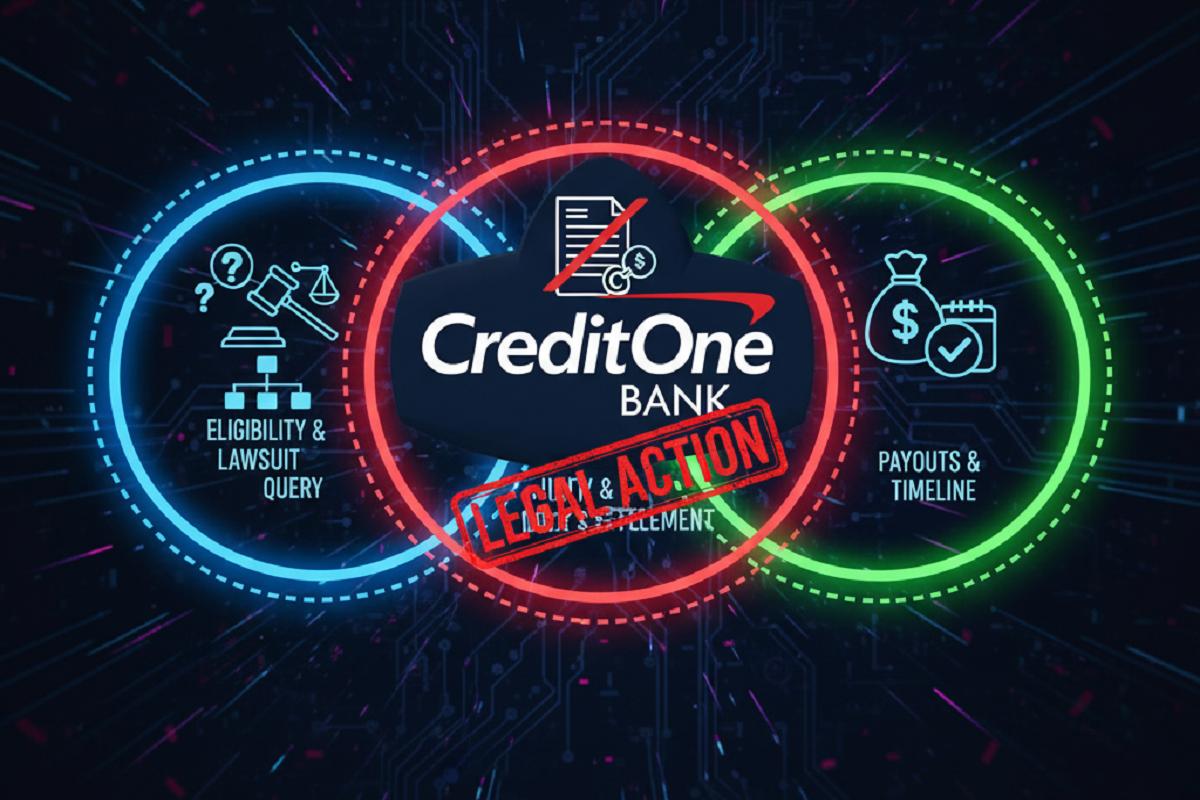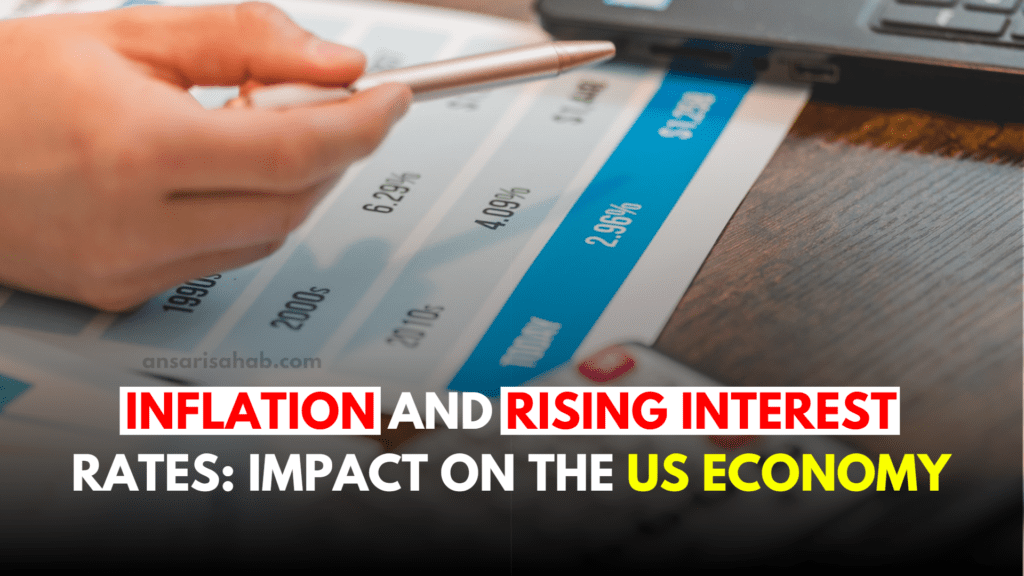A significant development in 2025 reveals that Credit One Bank is facing multiple legal actions tied to its debt-collection practices and broader consumer-protection concerns. Central among them: a proposed $14 million class-action settlement for alleged robocalls and a concurrent suit in California over debt-collection practices. Here’s what you need to know about the “Credit One Bank debt collection lawsuit,” who may be eligible, and what the payout landscape looks like.
What’s the nature of the lawsuit and settlements?
The term “Credit One Bank debt collection lawsuit” refers chiefly to two parallel legal tracks:
- A class-action settlement of roughly $14 million arising out of alleged violations of the federal Telephone Consumer Protection Act (TCPA), involving claims that Credit One used automated calls or pre-recorded messages without proper consent.
- A state-level lawsuit in California, filed by multiple county district attorneys, accusing Credit One Bank of engaging in unfair debt-collection practices in violation of California’s Rosenthal Fair Debt Collection Practices Act and Unfair Competition Law.
Although these actions may not directly say “debt collection lawsuit” in every case, they effectively link to how Credit One and its debt-collection operations have been challenged.
According to news reports, the TCPA settlement “allows eligible individuals to claim up to $1,000,” depending on the number of valid claims received. Meanwhile, the California case seeks restitution and injunctive relief but is still developing.
Background & context on Credit One and prior litigation
Credit One Bank is a Nevada-based credit card issuer known for offering cards to consumers with limited credit history. It has been subject to multiple consumer-protection and debt-collection lawsuits over the years.
The allegations at hand include:
- Automated or prerecorded collection calls made without prior consent (the TCPA claim).
- Hidden fees, unauthorized online “express payment” charges, and misleading disclosures.
- Debt-collection practices in California that may have violated state statutes governing collectors’ behavior.
While some settlements are nearing completion, not all claims have been fully approved, and some tensions remain on what the payouts will look like and which consumers qualify.
Eligibility, settlement payout and what to watch
Who is eligible?
- For the TCPA settlement: individuals who received an automated call or pre-recorded message from Credit One (or its affiliates) between roughly 2014 and 2019 without giving prior consent may qualify.
- For the broader class-action settlement related to unfair fees and charges: customers who held active accounts during the period of misconduct, experienced financial harm (e.g., unauthorized charges, credit reporting impacts) and can provide documentation may qualify.
- For the California state lawsuit: while not yet settled, eligible claimants would likely be California residents impacted by the alleged debt-collection practices of Credit One during the period under investigation.
How much payout?
- Under the TCPA settlement framework, individual payments are estimated to range from $100 to up to $1,000 depending on claim volume and validity.
- Some outlets suggest payouts of up to $2,210 for certain claimants under other settlement theories.
- The final amount and payment date remain subject to court approval, claim-filing deadlines, and number of valid claimants.
Key steps for impacted consumers
- Monitor official settlement websites and Credit One Bank’s announcements for claim-form availability.
- Gather documentation: account statements, transaction records, phone records if you received robocalls, evidence of unauthorized fees, etc.
- Confirm deadlines: missing a claim deadline may forfeit eligibility. Some reports warn of October 2025 as an important cutoff.
What’s still unsettled?
- Some sources argue the $14 million TCPA settlement has been widely reported but not fully verified in publicly accessible court dockets.
- The California enforcement action is ongoing and has not yet resulted in a finalized payout structure.
- Exact eligibility criteria, claim amounts, and deadlines may change pending final court approval.
What this means for consumers and debt-collection practices
For consumers of Credit One Bank (and those with similar accounts), the “Credit One Bank debt collection lawsuit” signals both opportunity and caution.
Opportunity:
If you are eligible under the settlements, you may receive compensation for past harms — robocalls you never consented to receive, hidden fees you paid, or unfair collection practices you experienced. The payouts, while not massive individually, can provide meaningful relief.
Caution:
- You must act: claim-filing windows may be limited and you must submit required documentation.
- Eligibility is specific: simply being a Credit One Bank customer does not guarantee you qualify — you must match the criteria of each settlement.
- Ongoing practices: the litigation highlights the broader risk around debt-collection operations by creditors and their associated agencies. According to legal analysts, this underscores the need for consumers to understand their rights under acts such as the Fair Debt Collection Practices Act (FDCPA) and state equivalents.
Wider Implications:
The case reinforces regulatory and legal scrutiny over how credit-card issuers and debt-collectors operate. For the banking industry, the settlements act as a signal that aggressive or opaque collection practices can result in multi-million-dollar liabilities and reputational risk. Consumers benefit from increased transparency, but also face the responsibility of staying informed and making claims where eligible.
The “Credit One Bank debt collection lawsuit” in 2025 comprises high-profile settlements and enforcement actions that touch on robocalls, unfair fees, and debt-collection misconduct. While not every Credit One customer will qualify, those who received automated calls without consent or who suffered improper charges may be eligible for compensation of up to $1,000 (or potentially more under specific settlement tracks). The key takeaway: if you were a Credit One Bank customer during the relevant period and experienced related issues, review the official settlement notices, gather documentation, and file a claim in time. Staying proactive can help turn a legal development into real relief.









